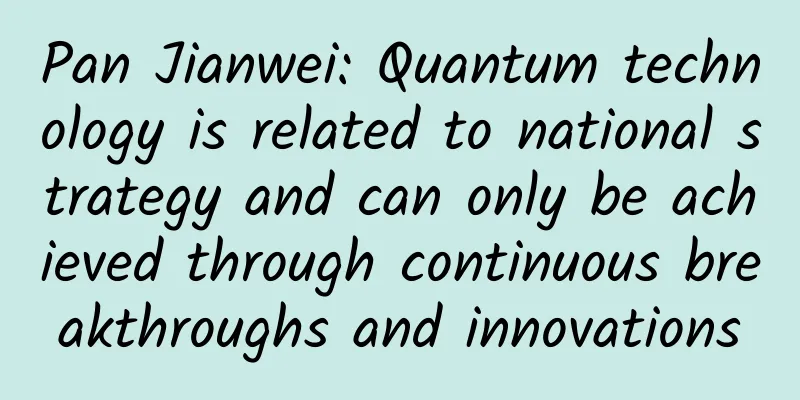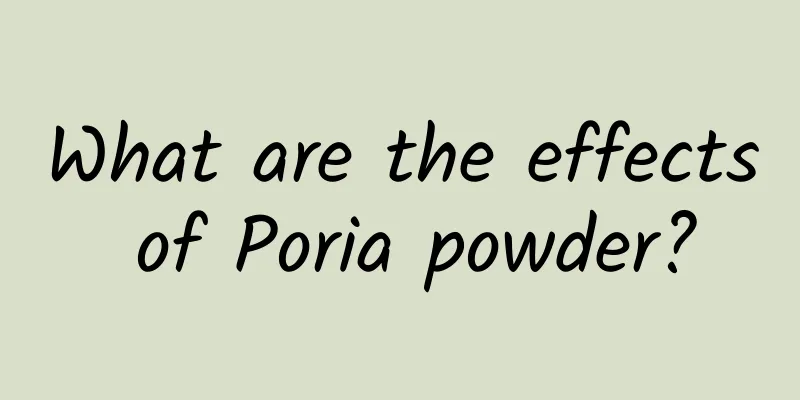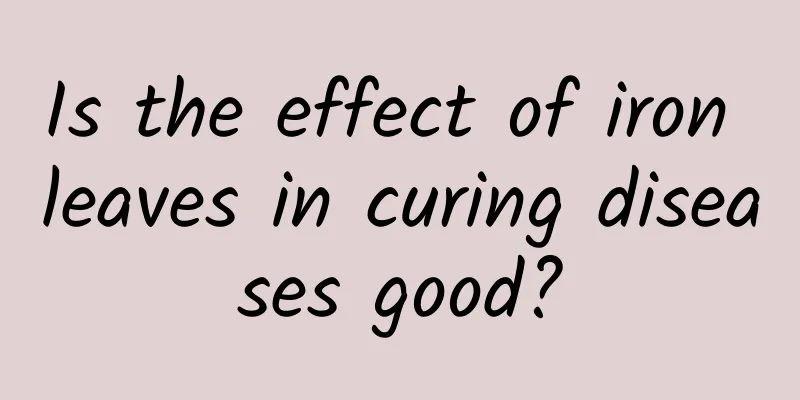Help, why do you keep gaining weight? Because fat cells "remember" that you were fat...

|
I wonder if you have ever joined the army of weight loss. People who want to lose a few kilograms of fat may have been "tortured" by this experience: we start to lose weight with high morale, try to control our diet and exercise, and the weight does drop a little at first, but not long after, we start to wonder if the scale is broken - why does the number on the scale bounce back? ! Don't worry, you're not alone. This phenomenon has a very vivid name, called the "yo-yo effect." That is, our various efforts can only reduce our weight temporarily, and then, like a yo-yo, it will easily return to its original level after a while. The reason why losing weight is so difficult is that it is difficult for us to overcome this obstacle. The yo-yo effect is also a puzzle for scientists, because at the molecular level, it is not clear why this happens. The new study published in the journal Nature that we introduce today explores this issue. In simple terms, researchers have found that the fat cells and some other cells of mice have a "memory" that "remembers" that you gain weight. Of course, the "memory" here must be put in quotation marks. For cells, all of this is related to epigenetics. Let's first talk about what "epigenetics" is. When we talk about heredity, we usually think of DNA sequences. There are things like codes in DNA that carry genetic information. We inherit these sequences from our parents and pass them down from generation to generation. But there's more to genetic information than just the sequence. Another integral part is epigenetics, which involves many unique chemical markers in the genetic material. Although they don't change the gene sequence itself, they still play a key role, such as determining which genes in the cell are active and which are no longer active. In other words, they can tell the cell what to do. Compared to stable genetic sequences, epigenetic markers are more dynamic. Some of these markers can last for many years or even decades during our lifetime, but many factors can change them, such as the environment, our eating habits and physical condition. Of course, "gaining weight" is one of them. Back to this study, it is this epigenetic change that leads to the emergence of the "yo-yo effect". Scientists analyzed the fat cells of overweight mice and mice that were dieting to lose weight. They found that obesity causes unique epigenetic changes in the nuclei of fat cells. These changes still exist even if they diet to lose weight. In other words, these fat cells "remember" the overweight state of the mouse's body through epigenetic changes, so that they can return to this state more easily. In this way, when the mice "indulge" again with a feast, such as eating a high-fat diet again, their weight will quickly rebound. After discovering this phenomenon in mice, the next step is to see if the same mechanism exists in humans. Some overweight people undergo surgery such as gastric reduction, which means reducing their food intake through surgery. Of course, it is necessary to say in passing that not everyone can undergo surgery at will. This must be a medical measure that can only be performed after a careful evaluation by a doctor. The scientists in this study analyzed adipose tissue biopsy samples from some overweight patients who had undergone such surgery in different institutions and hospitals, and found that our fat cells and those of mice are the same in this regard. This is also the first time that scientists have proved that fat cells have epigenetic memory of obesity. Scientists already knew that fat cells should have a long lifespan, lasting an average of 10 years before our bodies replace them with new cells. But they had not yet studied how long this "memory" of obesity lasts. In addition, they also speculated that fat cells are probably not the only cells with this kind of memory. Other body cells may also play a role in the yo-yo effect. For example, brain cells, blood vessel cells, etc. may also remember that you have been fat. The researchers said that although we currently have no way to use drugs to change the relevant substances in the cell nucleus and eliminate this epigenetic "memory", this may be a goal for future efforts. But for now, we still have to endure this yo-yo effect. So, what is the easiest way to fight the yo-yo effect? Of course, it is to avoid being overweight in the first place. Scientists especially want to remind parents to pay attention to weight problems in children and adolescents. Preventing them before they happen may be the simplest and most effective way. Of course, this also reminds everyone who wants to lose weight to be more patient and perseverant. Only persistence can lead to success! Paper link: https://www.nature.com/articles/s41586-024-08165-7 This article is a work supported by the Science Popularization China • Creation Cultivation Program Author: Lv Tongzhou Reviewer: Liang Qianjin, Professor of School of Life Sciences, Beijing Normal University Produced by: China Association for Science and Technology Department of Science Popularization Producer: China Science and Technology Press Co., Ltd., Beijing Zhongke Xinghe Culture Media Co., Ltd. |
>>: It’s time to enjoy the spring, but don’t get angry!
Recommend
What is the color of black wolfberry water?
Black wolfberry is a relatively good tonic in lif...
Black snake bergamot capsule
There are many common things in life, and differe...
What are the effects and functions of jujube flower pollen
Red dates also bloom, and after the flowers bloom...
The efficacy and function of laurel leaf jasmine
Only when we understand the main ingredients of a...
The efficacy and function of cranberry
What kind of plant is cranberry? Maybe some peopl...
With both land and sea, why did the ancient West choose maritime civilization while China chose agricultural civilization?
We know that the source of Western civilization i...
The efficacy and function of Dongfengcai
Dongfengcai is a kind of Chinese herbal medicine....
How to distinguish good and bad wolfberries?
Wolfberry is a very common Chinese medicinal mate...
Why don’t we see buttock injections anymore, as we used to do when we were kids?
One minute with the doctor, the postures are cons...
Wild papaya pictures
According to traditional Chinese medicine, wild p...
What are the medicinal values of the black rice tree?
Black Rice Tree is a traditional Chinese medicina...
The efficacy and function of neem flowers
Do you know what neem flower is? It is a kind of ...
Monks and tigers in close proximity? The horrifying truth behind Thailand's tiger temple scandal
Wat Paluan Tabu in Kanchanaburi Province in weste...









